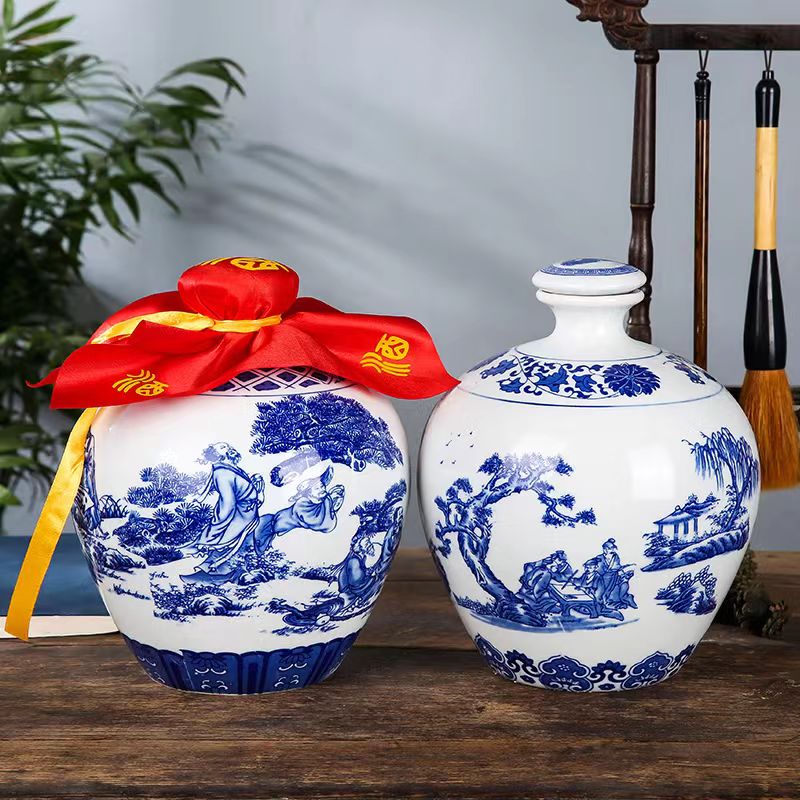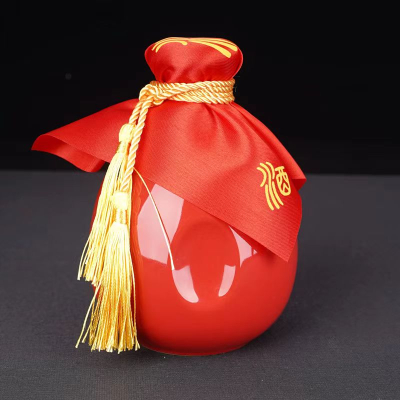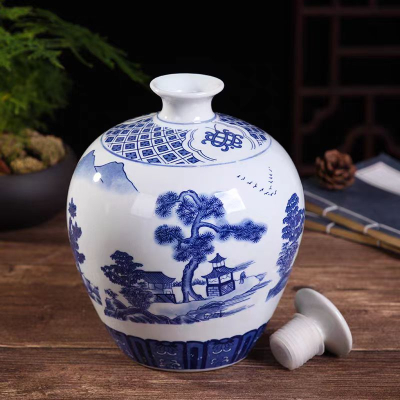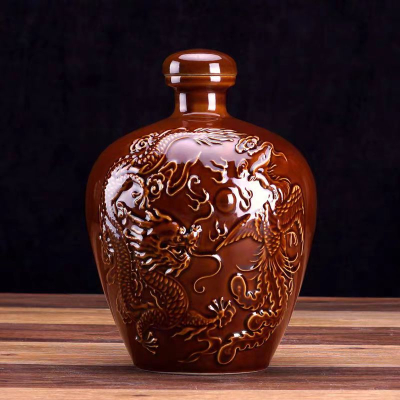Is Baijiu Similar to Soju?
When discussing whether baijiu and soju are similar, we must first recognize that although both fall under the category of distilled spirits, they each carry unique cultural and flavor profiles, presenting distinctly different characteristics.
Baijiu: A Time-Honored Brew Rooted in Chinese Soil
Baijiu, a traditional Chinese distilled spirit, is renowned for its rich layers of flavor and high alcohol content (typically between 40% to 65% ABV). It is made from various grains such as sorghum, wheat, rice, or barley, and undergoes a complex multi-stage distillation and long aging process. This results in a distinctive aroma that blends notes of grain, herbs, and even a hint of sweetness. In China, baijiu is not only a staple at festivals and special occasions but also an integral part of Chinese culture.
Soju: A Refreshing Choice on Korean Tables
In contrast, Korean soju presents a more refreshing and light profile. It is typically made from rice and has a lower alcohol content, usually between 20% to 30% ABV, making it more approachable and suitable for pairing with meals. The distillation process for soju is relatively simple, and it is often enjoyed chilled, making it an indispensable part of Korean dining culture.
Distinct Yet Complementary
While both baijiu and soju are grain-based and play significant roles in celebratory events, their differences in flavor, texture, and alcohol content give them their unique appeal. Baijiu offers a strong, complex flavor and higher alcohol content, providing a more intense experience for the drinker. Soju, on the other hand, is appreciated for its mild, refreshing taste and lower alcohol content, making it popular among a broader audience.
Conclusion: Different yet Equally Beautiful
In summary, while baijiu and soju both belong to the family of distilled spirits, their differences in cultural background, production methods, flavor profiles, and drinking experiences make them each stand out. Baijiu, with its deep cultural roots and unique flavors, is a treasure of Chinese culture. Soju, with its light and refreshing qualities and ease of pairing, holds a special place in Korean dining culture. Therefore, when considering the similarities between baijiu and soju, we should appreciate their individual uniqueness and savor the beauty of their distinct qualities.









